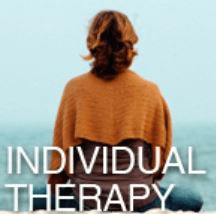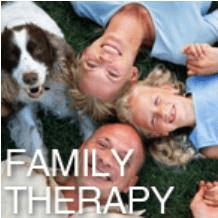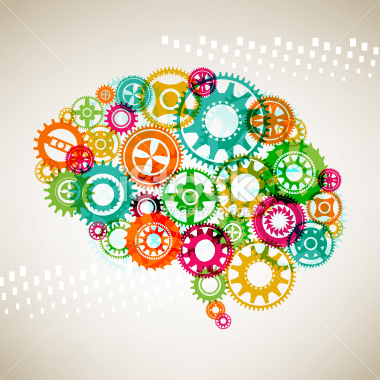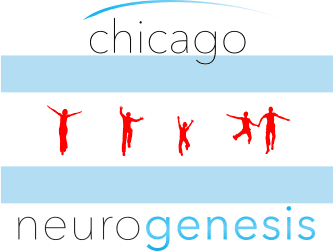Services
Individual Therapy

Anyone can struggle with extreme pressures related to academia, work stress, interpersonal relationships, family responsibilities, academia, complicated family dynamics, financial accountability, extracurricular activities, career decisions, job placement, competition, independence, and other issues that significantly impact many if not all areas of functioning. Dr. Langner helps clients successfully navigate through age-related transitions as well as effectively manage the intimidating and overwhelming responsibilities of youth and adulthood.
Today’s adolescents, young adults, and adults suffer from a variety of issues stemming from the many changes in family structure, cultural demands, and the increasing pressures that rapid technological change bring to the educational and socialization process. These include an array of problems associated with anxiety, depression, mood disorders, interpersonal and business relationships, executive functioning, and body image, as well as family and social difficulties. Dr. Langner approaches treatment from perspectives that include:
- Interpersonal and Family Relationship Management
- Stress Management and Organization
- Peak Performance Utilization
- Anger Management
The goal of the therapeutic relationship is to develop the dialogue for learning new techniques for managing the emotions in such a way as to create an optimal level of functioning in all areas of life.
Family Therapy

Biofeedback

Two forms of biofeedback treatment conducted by Dr. Langner include Heart Rate Variability (HRV) Biofeedback Training and Temperature Biofeedback Training. HRV can be a powerful indicator of the health and state of the autonomic nervous system, positive and negative emotional states, and self-regulatory control. Both HRV and Temperature Biofeedback Training techniques can be used to treat various forms of anxiety, panic attacks, headaches, chronic pain, irritable bowel syndrome, and symptoms of Postural Orthostatic Tachycardia Syndrome (POTS).
Precise instruments measure physiological activity such as brainwaves, heart function, breathing, muscle activity, and skin temperature. These instruments rapidly and accurately “feed back” information to the user. The presentation of this information — often in conjunction with changes in thinking, emotions, and behavior — supports desired physiological changes. Over time, these changes can endure without continued use of an instrument (bcia.org).
Heart Rate Variability Training can also be used for athletes interested in improving peak performance through the augmentation of the respiratory sinus arrhythmia (RSA), a noninvasive measure of cardiac vagal tone.
Neurofeedback

For new clients, Dr. Langner conducts an initial EEG assessment consisting of an analysis of 19 areas of the brain. This assessment, called a Quantitative EEG, takes approximately 90 minutes to complete. Using normative data to compare results, Dr. Langner designs a specific, individualized protocol that engages the client in “teaching” their brain to respond in new ways so that new behaviors result more easily and quickly than when using therapy and medication alone. For optimal results, sessions are typically scheduled two-to-three times per week. For most clients, significant improvements in symptoms and behavior are experienced within approximately 40 sessions

